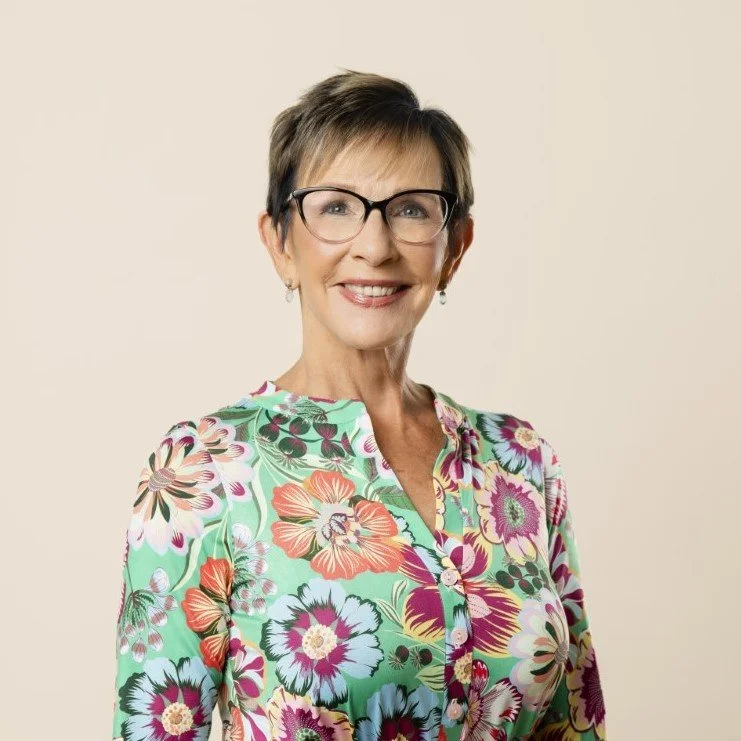Marcia's Musings: Revelations – Part One
/By Marcia Appel — Last Updated: June 10, 2024
A question arrived via email, prompted by a recent “Marcia’s Musings,” and knocked my socks off. Stark and clear, it got right to the point. “Not everyone we live with connects to themselves. And that is the hard part.” Indeed. What happens if the ones you love don’t connect with self and with another as deeply as you do or as you hoped they would? How do you love the one(s) you’re with then?
A potential emotional bombshell lays hidden in this question. Step mindfully.
Here is one thought, based on my direct experience: Committing to the practice of mindfulness is necessary to live life with ease. It is hard work because it demands that we be open to inquiry about the simple and the complex. It asks us to sit and observe our thoughts, feelings, emotions, and belief structures head on without reacting or shutting down every other minute. It asks us to climb the mountain to get to the mountaintop of joy and freedom. And it is intensely personal.
The truth is that we humans start from different places and unique situations, beginning with our family structures:
the grounding in love and security – or lack thereof – that we received as infants and young children
the encouragement – or discouragement – to express thoughts, feelings, emotions, and beliefs
the safety – or absence of – a safe environment in which to observe, explore, and express
the cultural conditioning that creates entrenched habits that can stifle us for life if we fail to investigate them head on
Revealing yourself to another, and having that reciprocated, bonds a relationship and builds a history, a backstory.
Everyone we are close to will not be on the same emotional plane nor will they have the capability or bravery to do the work to be able to be equally revealing, to practice the relationship at the same mindful level. And yet for those people who do, growth and change can occur regardless of background, age, or cultural conditioning.
Psychologists and neuroscientists sometime refer to people’s emotional intelligence or emotional development, the study of which is rich and deep. Yet I bristle at these terms. To me they smack of comparison, which is called the near enemy of sympathetic joy, the happiness we can feel for others even when they have or achieve something we don’t. The labels potentially throw up a barricade to sharing and cut off the conversation. “I can’t possibly talk with you about this because you’re more emotionally intelligent than I am.” Or: “We shouldn’t talk about this because I’m more emotionally developed than you are.”
“Humans can change their ways if they practice mindfulness and inquire with curiosity about everything from emotions to physical feelings to thoughts.”
Erecting walls that prevent us from having revealing conversations with those closest to us often results in feelings of loneliness or frustration. The chasm between us widens.
When that happens, all each of us can do is continue down our individual paths of inquiry into who we are, why we are here, and how we are to live. Often though, we prod others or try to “teach” or “coach” them about how to connect to ease our own loneliness, sadness, or frustration.
Conversely, our spouses, colleagues, children, or friends may push us away because they feel vulnerable, frightened, or wary about revealing and processing. They don’t know how. They go silent and stay hidden. This starts an endless loop of “I don’t know who you really are” and “I have to hide more”. The chasm widens.
A wise psychologist years ago gave me a life-changing piece of advice. He encouraged me to stop trying to ‘fix” or “change” the other person – or myself – so that I would feel less lonely or frustrated, less pressured to make a decision without enough examination. Instead, he asked me to envision a two-tray scale balanced on a fulcrum and to label each tray. An example might be: ‘leave’ on one tray and “stay” on the other. Another might be: “clear the air” on one and “keep your counsel” on the other. As you observe yourself and your spouse, colleague, or friend, place observations in one tray or the other. “One day,” he assured me, “the scales will tip, and you will know what to do.”
He cautioned me not to judge the size or scope of each thing you add to a tray and to resist papering over my own feelings. “Sometimes, an item you place in a tray will disappear because it becomes less important as you practice calm abiding. And often, the one that finally causes the imbalance so that one tray tips all the way may seem small. Don’t judge – just place.”
This approach calmed me and encouraged me to be mindful; it permitted me to have the years I needed to keep observing and processing with less strain in my relationship. And, sure enough, one day after about six years of this practice I mentally placed an observation into one tray, and the scales tipped. I knew what to do; I felt it in my body. I did it and moved ahead with more strength, kindness, and confidence.
This system works not only in relationships but also with many other predicaments: find a new job or stay put? Keep the current home or downsize? Retire or keep working? Attend grad school or not?
I could not have arrived at this point in my life without mindfulness, yoga, study, writing, and wise counsel. They help me scale the mountain. With these tools in my toolkit, the decisions I make feel solid and, more often, compassionate, too. Loneliness and frustration, sadness, and anger come calling less often, and joy visits more as I keep my sight on the mountaintop.


























